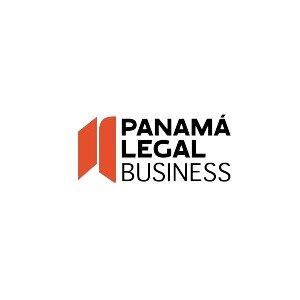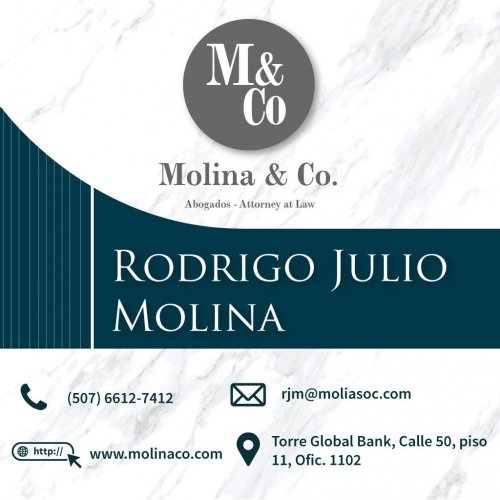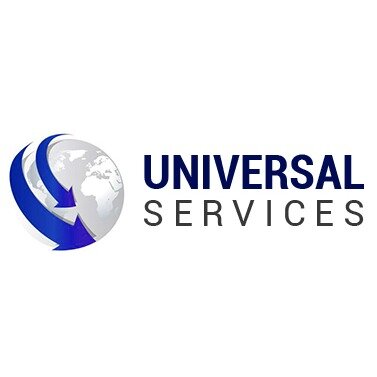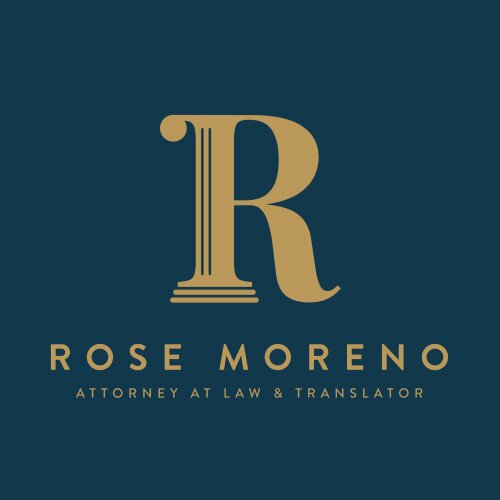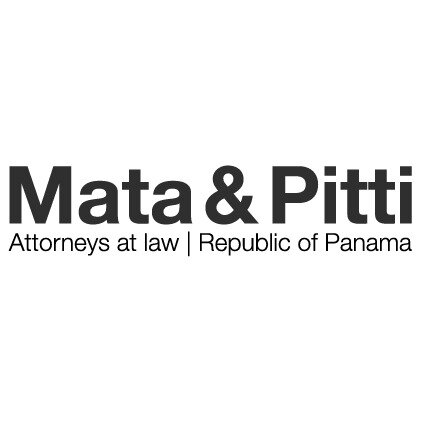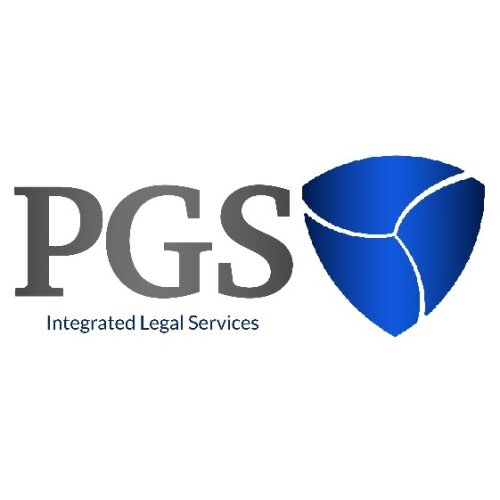Best Sanctions & Export Controls Lawyers in Panama City
Share your needs with us, get contacted by law firms.
Free. Takes 2 min.
List of the best lawyers in Panama City, Panama
About Sanctions & Export Controls Law in Panama City, Panama
Sanctions and export controls are legal frameworks that regulate or restrict the international trade of goods, services, and technology, especially where issues of national security, international obligations, or foreign policy are involved. In Panama City, Panama, these laws play a vital role due to the country's status as a global shipping and financial hub, particularly with its control over the Panama Canal. Local businesses, financial institutions, logistics providers, and individuals must comply with both domestic and international sanctions regimes. Violations can result in severe penalties, including fines, criminal prosecution, and damage to business operations or reputation.
Why You May Need a Lawyer
There are several scenarios in which individuals or businesses may require legal support in matters related to sanctions and export controls in Panama City:
- Complex Regulations: Navigating the intricate web of Panamanian, United States, United Nations, and European Union sanctions can be challenging for both local and international organizations operating in Panama.
- International Transactions: Engaging in the export or import of goods that may be subject to restrictions requires careful legal analysis.
- Financial Transactions: Banks and financial service providers risk heavy penalties for processing transactions involving sanctioned countries, individuals, or entities.
- Shipping and Logistics: Given Panama’s significant maritime sector, it is crucial to verify that cargoes, shipping routes, and contractual parties comply with sanctions and export controls.
- Audits and Investigations: Organizations may need legal assistance during government audits or investigations concerning potential sanctions breaches.
- Updating Compliance Programs: Businesses must often create or update internal compliance policies to address new or existing sanctions regimes.
Local Laws Overview
Panama enforces its own sanctions and export controls in alignment with international obligations and best practices. Key points to consider include:
- The National Commission against Money Laundering and related authorities coordinate the implementation of sanctions measures, especially concerning asset freezes and restrictions tied to the United Nations Security Council Resolutions.
- The Foreign Trade Directorate and Customs Authority oversee the licensing and regulation of sensitive exports or imports, such as dual-use goods, controlled chemicals, or strategic technologies.
- Panama’s laws prohibit transactions with individuals or entities listed on official sanctions lists, as well as engagement in trade with countries under embargo unless authorized by the appropriate authorities.
- Financial institutions are required to have robust screening and due diligence systems in place to detect and prevent dealings with sanctioned parties.
- Non-compliance can result in punishments that range from administrative fines to criminal prosecution and the loss of operating licenses.
Frequently Asked Questions
What are sanctions and export controls, and how do they apply in Panama?
Sanctions are legal measures that restrict dealings with certain countries, persons, or organizations. Export controls regulate the movement of specific goods, technology, and services across borders to protect national and international interests. In Panama, these rules apply to transactions that involve local entities, financial activities, or use of the Panama Canal.
Which government body enforces sanctions and export controls in Panama?
Enforcement is handled by several agencies, primarily the Ministry of Economy and Finance, the National Customs Authority, the Ministry of Foreign Affairs, and the Financial Analysis Unit, depending on the nature of the transaction or sanction.
Does Panama recognize or enforce foreign sanctions, such as those from the United States?
While Panama is sovereign in its legislation, it often aligns with international systems and may cooperate with foreign authorities, especially on United Nations and certain United States or European Union sanctions in line with its commitments to global financial transparency and anti-money laundering efforts.
What are the penalties for breaching sanctions or export controls in Panama?
Penalties include substantial administrative fines, license revocation, denial of export-import privileges, and criminal prosecution, which could result in imprisonment in severe cases.
How can I find out whether a person or company is subject to sanctions in Panama?
Government agencies maintain updated lists of sanctioned persons and entities, and financial institutions are required to conduct thorough due diligence procedures. Consulting a lawyer or compliance specialist is recommended for accurate checks.
Do sanctions only apply to goods, or do they cover services and financial transactions too?
Sanctions and export controls in Panama apply to a range of activities, not only the export and import of goods but also to services, financial dealings, technical assistance, and technology transfers.
Can I apply for an exemption or license to deal with a sanctioned entity or country?
In limited cases, exemptions or specific licenses may be granted by the relevant Panamanian authority. Legal advice is essential when considering such requests, as unauthorized transactions remain prohibited.
How frequently do sanctions lists and regulations change?
Changes can occur frequently, sometimes in response to international developments. Businesses should monitor updates regularly and review compliance procedures accordingly.
I run a shipping company in Panama - what are my main compliance concerns?
Ensure that none of your ships, crews, cargoes, or contracts involve sanctioned parties or destinations. Implement strong internal compliance programs and work closely with legal counsel to interpret evolving rules.
How do I get started with a compliance program for my business?
Begin by conducting a risk assessment, determining exposure to sanctions and export controls, establishing screening and due diligence processes, and creating written policies. Consulting an experienced law firm is highly recommended.
Additional Resources
To assist with compliance and legal understanding, consider consulting the following organizations and resources:
- Ministry of Economy and Finance (Ministerio de Economía y Finanzas): Responsible for economic policy, including financial regulations and implementation of international economic sanctions.
- Financial Analysis Unit (Unidad de Análisis Financiero): Supervises financial transactions for suspicious activity associated with money laundering or sanctions violations.
- National Customs Authority (Autoridad Nacional de Aduanas): Provides export and import guidance, licensing, and enforcement related to controlled items.
- Superintendence of Banks (Superintendencia de Bancos): Oversees compliance by Panamanian banks and financial intuitions.
- Panama Chamber of Commerce, Industry and Agriculture: Offers business resources and legal updates for international trade participants.
Next Steps
If you suspect that your business, transaction, or activity may be affected by sanctions or export controls in Panama City, or if you wish to ensure full compliance, consider the following steps:
- Assess Your Exposure: Review your operations and international connections to determine potential risks.
- Seek Specialist Legal Advice: Contact a lawyer with demonstrated expertise in sanctions and export control matters to evaluate your situation.
- Implement Compliance Protocols: Work with legal professionals to develop screening, documentation, and reporting systems.
- Stay Informed: Monitor updates from relevant authorities and adjust compliance programs as necessary.
- Train Staff: Conduct awareness and training programs for employees involved in international trade, finance, or logistics.
Acting proactively is essential to avoid penalties, safeguard your business reputation, and ensure legal compliance in the evolving field of sanctions and export controls in Panama City, Panama.
Lawzana helps you find the best lawyers and law firms in Panama City through a curated and pre-screened list of qualified legal professionals. Our platform offers rankings and detailed profiles of attorneys and law firms, allowing you to compare based on practice areas, including Sanctions & Export Controls, experience, and client feedback.
Each profile includes a description of the firm's areas of practice, client reviews, team members and partners, year of establishment, spoken languages, office locations, contact information, social media presence, and any published articles or resources. Most firms on our platform speak English and are experienced in both local and international legal matters.
Get a quote from top-rated law firms in Panama City, Panama — quickly, securely, and without unnecessary hassle.
Disclaimer:
The information provided on this page is for general informational purposes only and does not constitute legal advice. While we strive to ensure the accuracy and relevance of the content, legal information may change over time, and interpretations of the law can vary. You should always consult with a qualified legal professional for advice specific to your situation.
We disclaim all liability for actions taken or not taken based on the content of this page. If you believe any information is incorrect or outdated, please contact us, and we will review and update it where appropriate.




